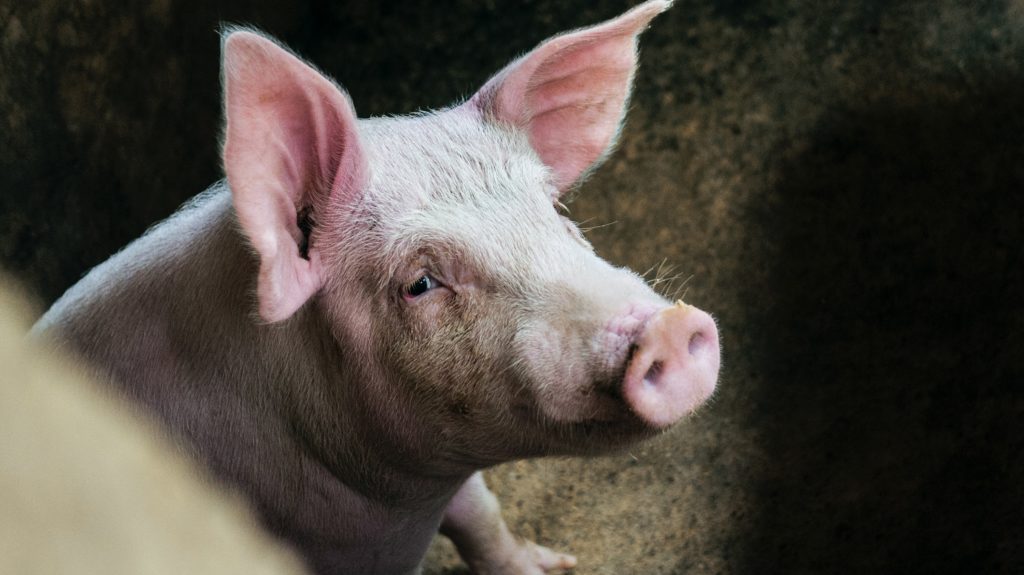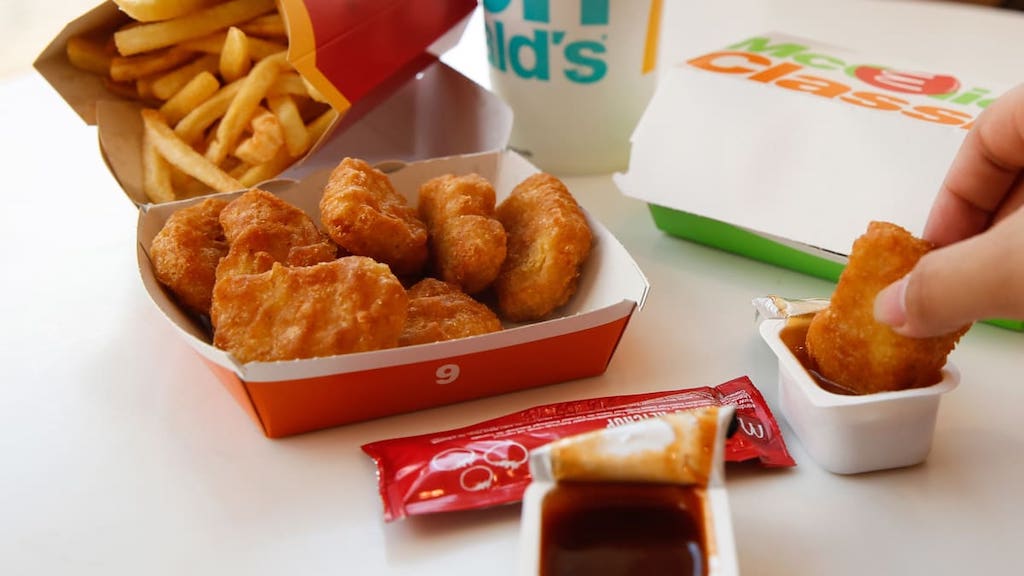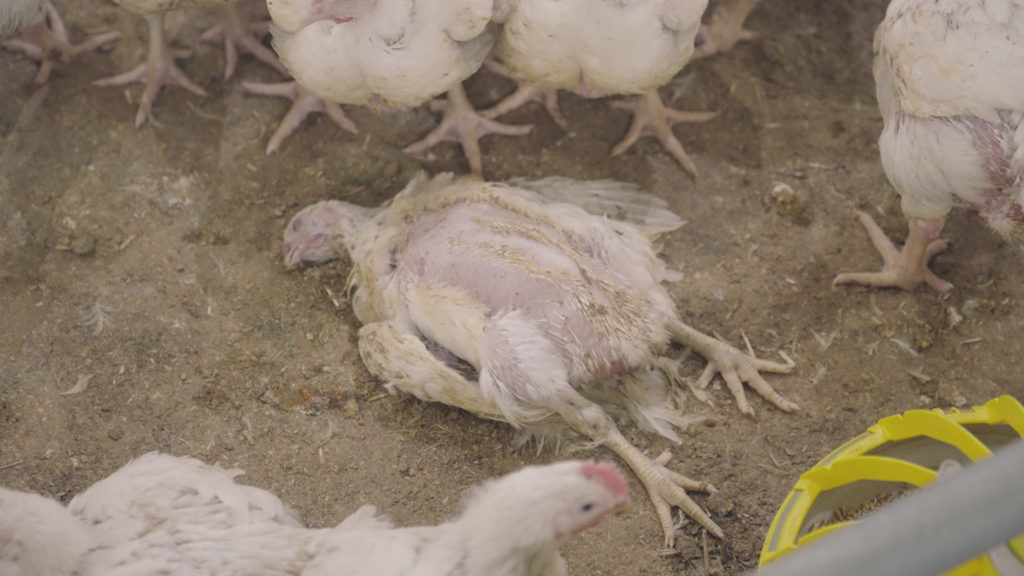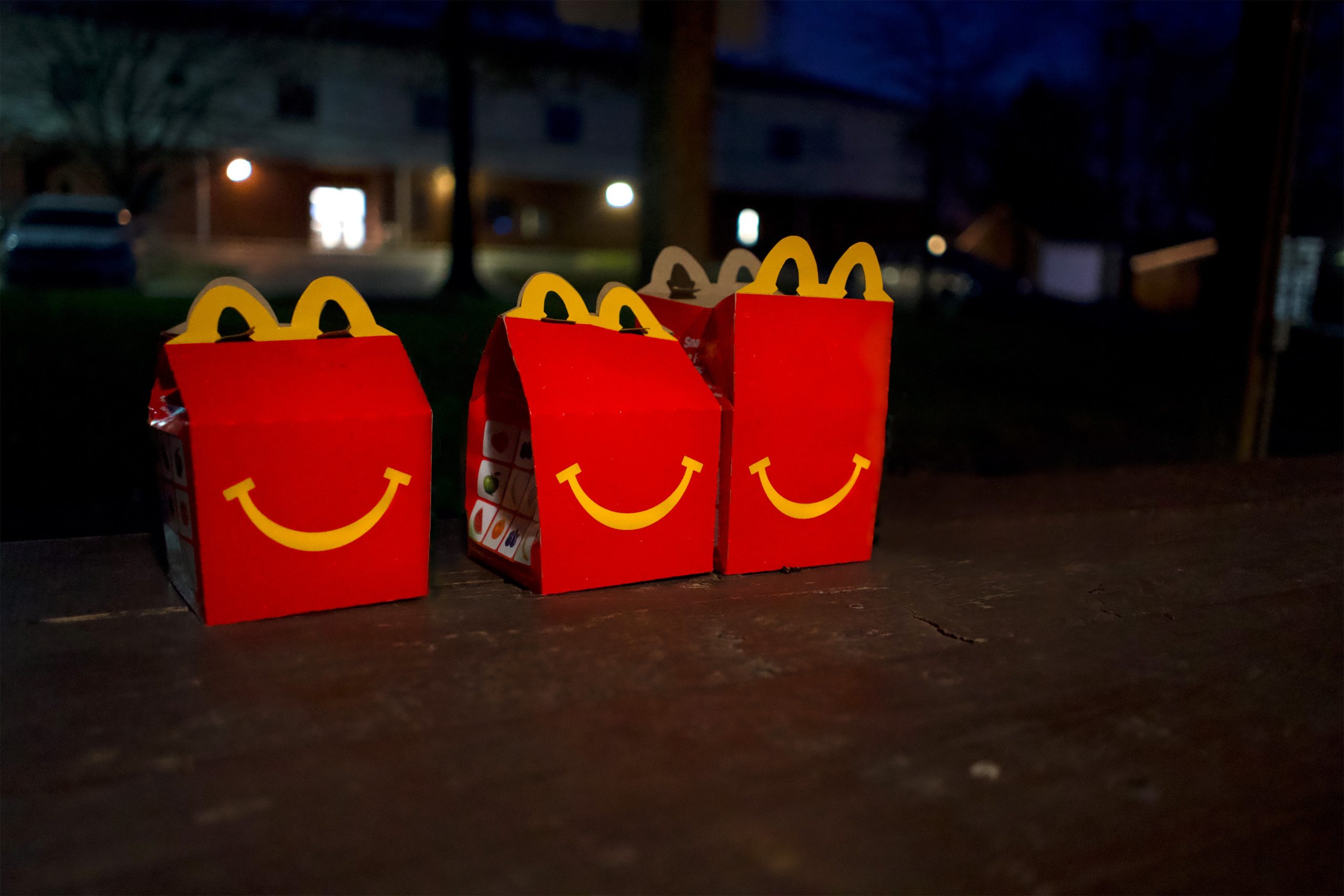3 Mins Read
Carl Icahn has lost a proxy fight with McDonald’s. The billionaire owns 200 shares in McDonald’s, equating to a too-small share to influence other votes. Icahn’s fight was centred around the chain’s suppliers’ treatment of pregnant pigs but his concerns were not shared by enough fellow shareholders.
During the McDonald’s annual shareholder meeting, initial vote counts showed that Icahn gained support from around 1 percent of outstanding shares, according to the company. He had attempted to persuade fellow shareholders to see his perspective, ahead of the meeting. He focussed on what he identifies as McDonald’s failure to uphold environmental, social, and corporate governance commitments.

Fighting a losing battle?
Given his stake in McDonald’s and the size of the corporation itself, Icahn’s defeat is not unexpected. Chairman Enrique Hernandez Jr, iterated that Icahn was invited to speak at the shareholder’s meeting but withdrew two days prior and did not attend at all.
The initial fight began in February when Icahn publicly called McDonald’s out for failing to meet a deadline. It had previously committed to eliminating the use of gestation crates for pregnant pigs in its supply chain, by 2022. He went further, claiming McDonald’s was supposed to impose a blanket ban on the crates but changed the terms of its pledge later.
The Humane Society of the United States attempted to support Icahn. The organisation submitted a shareholder proposal, mirroring his thoughts, but withdrew it. It is slated to have asked for confirmation that previous targets of eliminating the use of gestation crates with pregnant pigs in 2022 would be seen through. It also called for heightened transparency in the pork supply chain.
Joah Balk, vice president of farm animal welfare for the Humane Society revealed in a prepared statement that the organisation withdrew its proposal due to McDonald’s admitting its supplier were still confining pregnant pigs.
Shareholder proposals are non-binding, offering options for modifications only. They are often used to gauge public opinion regarding existing operational practices.

McDonald’s offers a rebuttal
The fast-food giant claims that a combination of Covid-19 and African swine fever has resulted in a necessary lengthening of its original deadline, set 10 years ago. It is anticipated that 85 to 90 percent of its U.S. pork supply will come from pigs that have not been crated, after being confirmed as pregnant.
McDonald’s went on to cite increased costs and subsequent price hikes if crates are eliminated entirely. The company spent roughly $16 million in the proxy fight, according to a statement in April.

Animal welfare in the spotlight
KFC is another fast-food chain that has come under scrutiny for ‘misleading’ animal welfare commitments. As part of its ‘behind the bucket’ marketing campaign, the chicken conglomerate released a video that depicted healthy chicken living in comfortable conditions. Engagement activities were shown to be in place, with perches for bird wellbeing as well. A few weeks after the video was shot, vegan chicken startup VFC visited the same farm. It found a very different set of conditions with birds struggling in cramped spaces, dead and injured birds scattered across the floors, no engagement and perches raised too high to use. The exposé has led to claims that KFC is ‘welfarewashing’ its organisation. KFC has not commented.
Animal welfare is no longer being considered just an ethical issue. The U.N. Environment Assembly adopted a new resolution in March that connects animal welfare to sustainability for the first time ever. Seven member states sponsored the resolution, which is being heralded as a potential catalyst for widespread animal protection endeavours.
Lead photo by Meghan Hessler at Unsplash.





